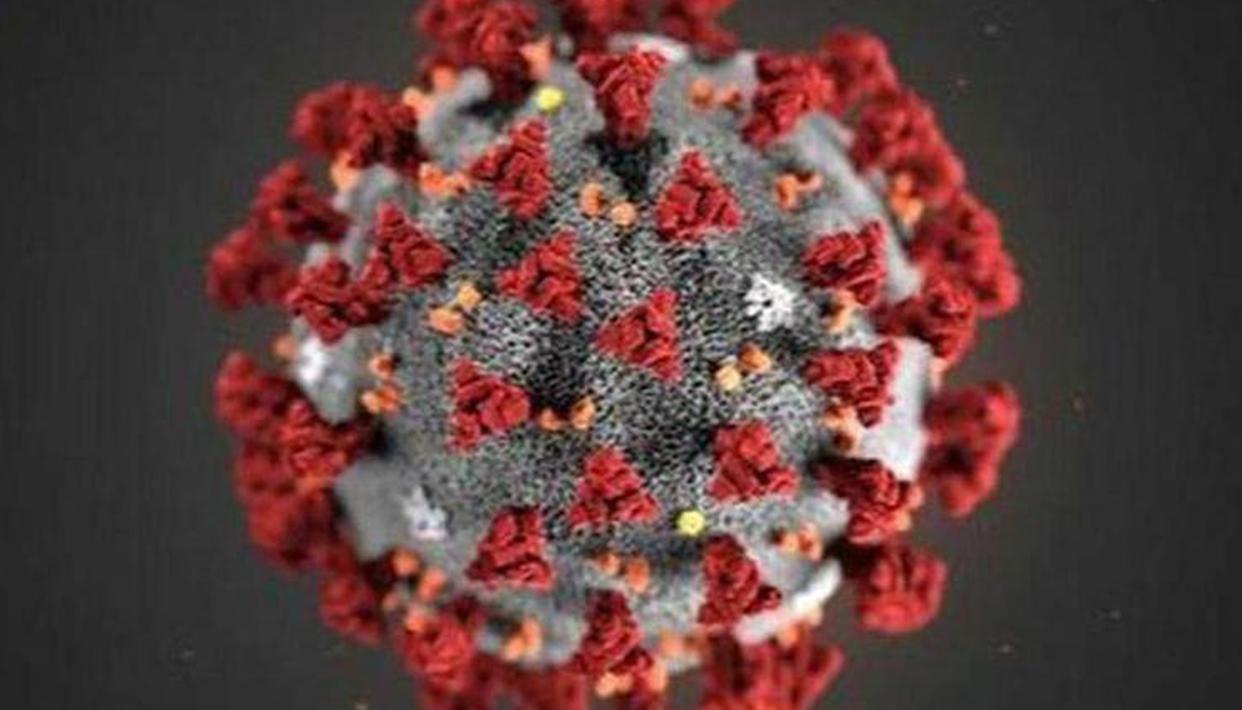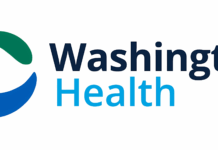Vidya Sethuraman
India Post News Service
The coronavirus pandemic presents a challenge unlike anything we’ve faced in this country for generations. But to be clear, COVID-19 didn’t create the problems in our health system, it revealed them in a way that can no longer be ignored. Community Health Workers are critical, essential workers who strengthen the public health response to COVID, particularly in under-served communities.
Community health workers are medical professionals who operate in a non-clinical capacity. When health systems employ community health workers, they usually work as a liaison between the patient and the healthcare organization. This can help maintain patient access to care, in addition to alerting health systems to the community health efforts they may consider putting forth. The positive impacts of community health worker programs also include reducing health disparities, expanding access to coverage and care, improving care quality and increasing health care cultural competence. These health workers are exposed at a higher rate to the COVID 19 virus.
Denise Octavia Smith, Executive Director of the National Association of Community Health Workers, gave an overview of the role of CHWs during the pandemic, how they have helped underserved communities to get access to health care, and the critical shortage of these front-line health workers. Most funding for CHW services is temporary grants and project-based funding to provide short-term relief for marginalized communities, with income, access, navigation, quality and outcome inequities and disparities, said Denise. They are fighting this pandemic with limited resources. 90% of Community Health Representatives are still hauling water for domestic use, added Denise. None of the CHRs can work from home – they are essential. The system should implement these measures immediately to save our CHWs.
- Promote, Protect and Pay CHWs as essential critical infrastructure workers
- Create Workforce Infrastructure to Support CHW Physical and Psychosocial Mental Health.
Dr. David E. Hayes-Bautista, Director of the Center for the Study of Latino Health and Culture at UCLA Health, discussed the findings of his new study, embargoed until Oct. 22, which summates that Latino households are unable to afford the high costs of treatment. Latino community is about one third are poor, about 60% of high school graduates or less, and 20 to 50% are without health insurance, depending on place and time, and more recently with the job loss. “We forgot that the farmworkers who grow the food that we eat, and the packinghouse workers, truckers and the grocery store clerks and the gardeners and the construction workers are also essential workers,” he said. They can’t work from home. They were given the essential workers pass to work in the farms. No federal assistance has been designated to help farmers obtain personal protective gear for their laborers, like it has for other essential workers like nurses and police officers. In all the reports that the UCLA Center for the Study of Latino Health and Culture has made on the impact of COVID-19 on the Latino population, they have seen the same picture slowly unfold week after week.
The serious thing, he explained, is that they rarely offer health insurance in their jobs. “Latinos, even after Obamacare, are twice as likely to be uninsured and, of course, as we get to places with farmworkers who are mostly Latino, almost 100% immigrant, and probably between 60 and 80% of them undocumented, we see that they are excluded from the Affordable Care Act ”. Dr. Hayes-Bautista recalled that when the pandemic broke out, the county sent letters telling essential workers they could go out to work; and told the Spanish-speaking community that if they had symptoms, fever, or itchy throat, “talk to your doctor soon.” But he questioned: how are farm workers going to talk to a doctor if they don’t have health insurance and there is also a shortage of Latino doctors.
Investing in community health workers (CHWs) and community-based organizations can help address the social determinants of poor health that disproportionately affect low-income, minority populations and that are magnified during times of crisis.







